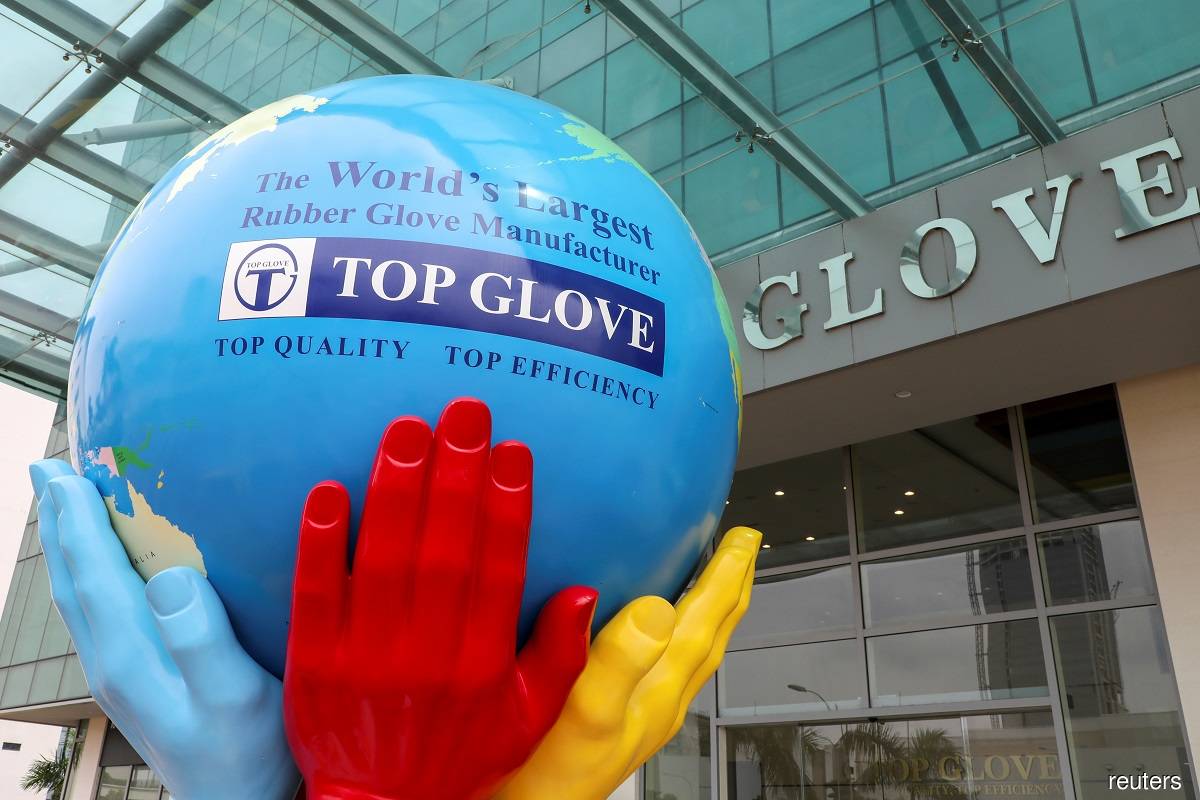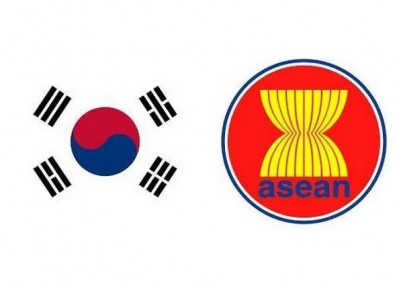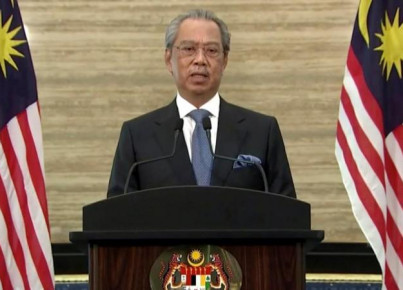The world’s largest manufacturer of latex gloves has racked up record profits this year, but has also closed 28 factories
Top Glove è un’azienda malese produttrice di guanti in gomma, specializzata anche in mascherine per il viso e altri prodotti. L’azienda possiede e gestisce 41 fabbriche in Malesia, Cina, Thailandia e Vietnam, e produce 220 milioni di guanti di gomma usa e getta al giorno, esportando in 195 Paesi con oltre 2.000 clienti in tutto il mondo. Due terzi dei guanti in lattice del pianeta sono realizzati in Malesia, con Top Glove che ne produce uno su cinque. I mercati più grandi dell’azienda sono il Nord America e l’Europa.
“Urgent demand for medical supplies appears to have become the norm for Top Glove”, Executive Director Lim Cheong Guan told reporters, adding that demand should continue to grow. “We expect there will still be a shortage of gloves in the next three years”, he added. “The potential increase in demand is mainly due to the fact that current glove stocks are at extremely low levels in our customers’ warehouses”. The company estimates that demand for gloves will grow by 20% this year, 25% next year and 15% after the pandemic.
Due to the sharp increase in demand during the pandemic, the company’s value has multiplied at least six times this year, altering the composition of the Malaysian stock market and becoming one of the highest-rated companies in the country. In the financial year ending August 31, 2020, the demand for rubber gloves was so strong that the company increased full-year earnings to more than a billion, a record figure that has significantly increased the value of the company's shares. Building on these results, in November 2020, the company also donated a total of $45 million to the Covid-19 government fund set up to fight the pandemic.
However, in the same month, an outbreak emerged in the Meru plant, a town in the Klang district of Selangor, the most developed state of Malaysia, forcing the management to opt for the temporary closure of 28 plants in the country, causing a decease by 10% of the company’s stock value. The company's shares fell another 3.5% last week, but still rose 337% since the beginning of the year. Out of 5,767 employees subjected to controls, 2,453 tested positive for the virus, highlighting the need for drastic actions to contain the damage on an epidemiological level. Most of the positive cases in the cluster are workers, mostly foreign immigrants from Nepal, who often live in unsanitary conditions in large and crowded housing complexes.
In fact, this year Top Glove was in the global spotlight not only for its record profits, but also for allegations of labor exploitation practices. In July, the United States banned the importation of gloves from two of the company's subsidiaries due to concerns about forced labor. Glorene Das, Executive Director of Tenaganita, an NGO based in Kuala Lumpur, told the BBC that “these workers are vulnerable because they live in crowded shared apartments and do jobs that do not allow them to practice rigorous social distancing”.
Faced with the controversy, Malaysian Defense Minister Ismail Sabri Yaakob announced that authorities will immediately begin enforcing new workers’ housing rules and imposing fines of approximately $ 12,300 for each employee living in unregulated housing, they have also been allocated 25 million dollars for the renovation of housing complexes. In addition, the country’s authorities tested all Top Glove workers in the factories and dormitories concerned with the aim of limiting the outbreak and limiting the damage. According to the Minister of International Trade and Industry Mohamed Azmin Ali, in fact, it is necessary to enable the company to continue production as soon as possible, since Top Glove is one of the few companies in Malaysia focused on the production of plastic sanitary materials and one of the most important in the global market.
Despite this unexpected obstacle, Top Glove’s presence and business continues to be of great significance to Malaysia and the rest of the world using its quality products. During this year, the company was able to set aside enough resources to expand manufacturing capacity to 100 billion pieces in the next five years. This year’s global crisis has put a strain on the dozens of rubber glove manufacturing factories scattered across Southeast Asia, but has also put them in the conditions to expand production and play a crucial role in the fight against the pandemic.
By Diego Mastromatteo






